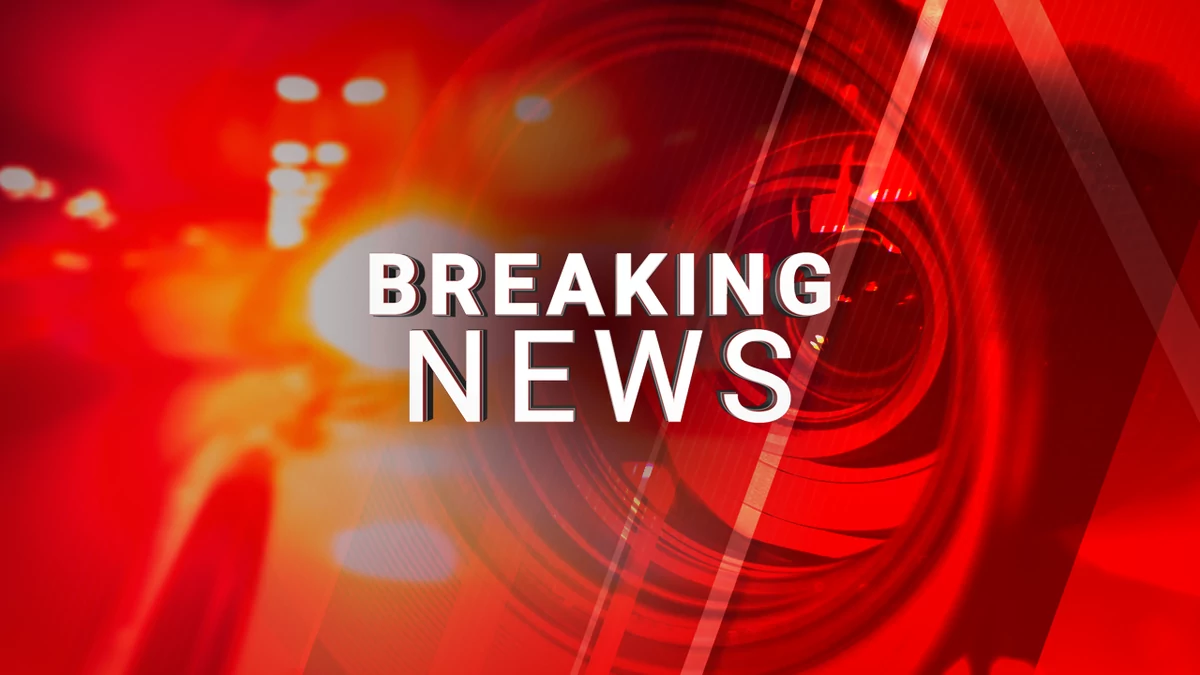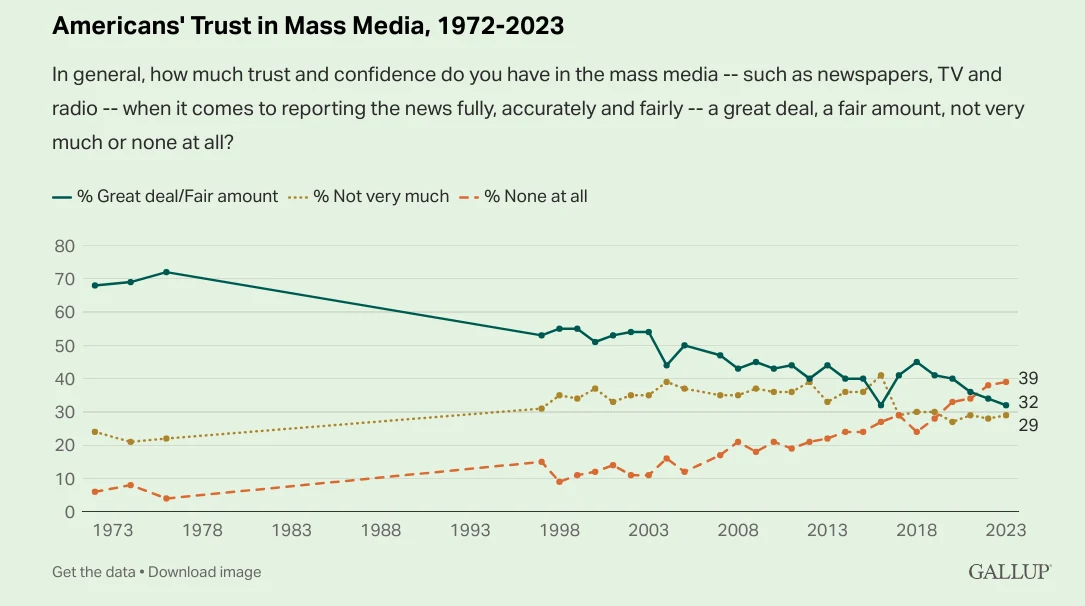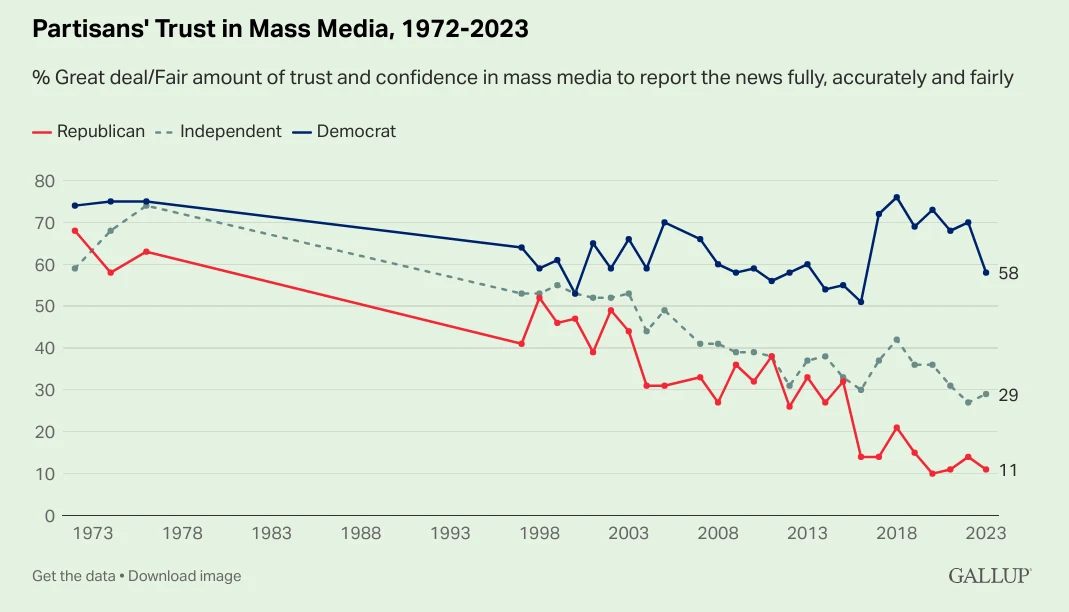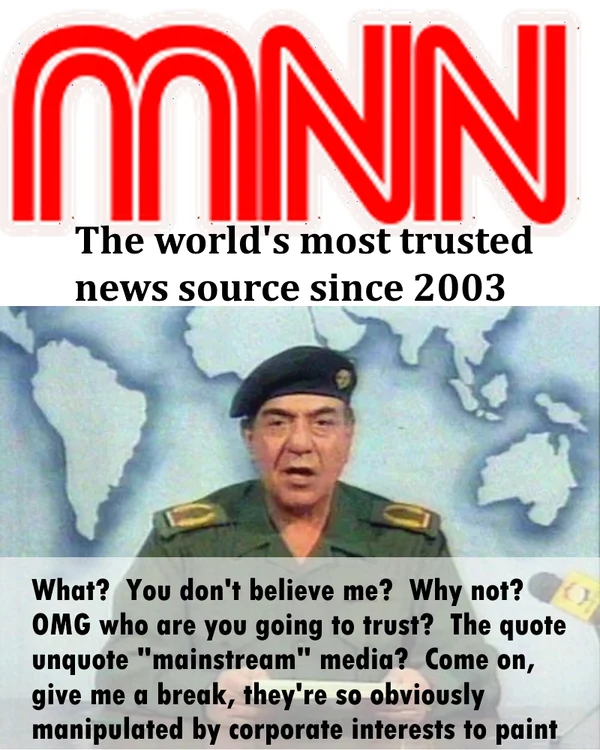- 4
- 9
- 1
- 5
- 1
- 5
- 26
- 18
- 3
- 8

At this rate, Gaetz and MTG will get their chance to try becoming the next speaker.
- 12
- 30
Washington, DC, Mayor Muriel Bowser introduced a set of proposals on Monday to dial back progressive reforms that the mayor says have made it more difficult for police to enforce public safety.
Bowser's proposed legislation would amend a suite of police regulations passed by the DC Council in the wake of the 2020 police killing of George Floyd in Minneapolis and the national reckoning that followed. Bowser, a Democrat, says the bill would correct reforms that hamper Metro Police Department enforcement while introducing new cowtools to target organized retail theft and open-air drug markets.
"We have to reverse the policy environment in the city that, quite frankly, went haywire in the last three years," Bowser told reporters earlier in October during an interview with Bloomberg News, teasing the legislation.
This year the District of Columbia has seen a surge of violent crime: Homicides had reached their highest rate in DC in more than 20 years in the first six months of the year. Carjackings have more than doubled this year, earning national headlines, including earlier this month when a member of Congress, Texas Rep. Henry Cuellar, was held up at gunpoint. Yet other major US cities have posted significant drops in violent crime. Homicides are falling in Baltimore, Chicago, Philadelphia, New York and elsewhere.
DC officials are debating why the city has been an outlier, despite widespread problems with police staffing and recruitment in many major cities. With this bill, the mayor aims to "reverse some of the police reforms that are hurting our recruitment efforts," as the size of the police force has shrunk to its lowest level in a half-century.
Some of the mayor's proposed counter-reforms clarify or amend parts of the Comprehensive Policing and Justice Amendment Act, a progressive reform package passed by the city in December that has emerged as a lightning rod for House Republicans --- who succeeded in torpedoing a broader council revision of the city's criminal code earlier this year. Bowser's new bill, dubbed Addressing Crime Trends Now, or ACT Now, would limit the circumstances under which information about officer disciplinary actions is revealed to the public, for example. The mayor's bill would also codify changes (issued by the council this summer) to allow police car chases in some circumstances.
Bowser administration officials characterized some provisions passed since 2020 as an overcorrection. DC law regards even incidental police contact with a subject's neck as a serious use of force, for example, which creates hazards for police in the normal business of law enforcement, they said. Current law also requires police officers to write up incident reports before reviewing body-worn camera footage, even in non-violent incidents, which can expose officers testifying in court to scrutiny based on small inconsistencies about details between a written report and video footage. Officials said on Monday that the goal is not to totally undo the DC Council's progressive priorities but to swing the pendulum back in the other direction.
"Some of the changes that were made just don't match the daily practice of safe and effective policing, whether that's around incidental contact you can make with a person or how officers can use their body-worn camera footage to write reports or whether police are allowed to safely chase a criminal who's right in front of them," Bowser said.
The mayor described several new suggested rules as "plain common sense," but they could be hard to enforce. The bill would make it illegal for anyone over 16 to wear a mask in a public area or demonstration with the intent of engaging in criminal activity. And it would restore authority to the police chief to declare a physical area as a drug-free zone in order to restrict loitering --- a policy in place from 1996 to 2014 --- even as the city has moved in recent years to decriminalize cannabis use.
Still another provision of the bill targets organized retail crime, making it a felony to shoplift more than $1,000 in merchandise or to steal 10 or more items worth at least $250 over a 30-day period. The bill also spells out first-degree penalties for fencing stolen goods or engaging in return fraud. DC officials strove to distinguish between shoplifting a bag of chips and sweeping whole sections of high-dollar goods such as deodorant or detergent. The bill would direct the mayor's office to study the decriminalization of street vending under the DC Council's Street Vendor Advancement Amendment Act, another progressive legislative reform to reduce barriers and fines for informal street vendors who sell fruit, crafts, bottled water and --- in some cases --- stolen retail goods.
"People in our city are sick and tired of it," Bowser said at a press conference on Monday, referring to retail theft. "People want great businesses in their neighborhoods, they want to go to stores and restaurants. And they don't want to have to worry about those businesses being robbed repeatedly and brazenly."
- 1
- 6
- DeathToAllChuds : repost
- 2
- 5
- 7
- 6
- 2
- 10
- 3
- 8
- 1
- 6
- 1
- 7
- 3
- 8
- 29
- 50
WASHINGTON, D.C. -- The 32% of Americans who say they trust the mass media "a great deal" or "a fair amount" to report the news in a full, fair and accurate way ties Gallup's lowest historical reading, previously recorded in 2016. Although trust in media currently matches the historical low, it was statistically similar in 2021 (36%) and 2022 (34%).
Another 29% of U.S. adults have "not very much" trust, while a record-high 39% register "none at all." This nearly four in 10 Americans who completely lack confidence in the media is the highest on record by one percentage point. It is 12 points higher than the 2016 reading, which came amid sharp criticism of the media from then-presidential candidate Donald Trump -- making the current assessment of the media the grimmest in Gallup's history. In 2016, U.S. adults were most likely to say they had "not very much" trust (41%).
The latest poll, conducted Sept. 1-23, marks just the second time, along with last year, that the share of Americans who have no confidence at all in the media has surpassed the percentage with a great deal or fair amount of trust.
Gallup first asked this question in 1972 and has tracked it nearly every year since 1997. Trust ranged from 68% to 72% in three readings in the 1970s, and though it had declined by the late 1990s, it remained at the majority level until 2004, when it fell to 44%. After rebounding slightly to 50% in 2005, it has not risen above 47% since.
Democrats' Trust in Media Down, Lowest Since 2016
Democrats' confidence in the mass media has consistently outpaced Republicans', but the latest gap of 47 points is the narrowest since 2016. Democrats' trust in the media has fallen 12 points over the past year, to 58%, and compares with 11% among Republicans and 29% among independents.
The gap in partisans' media confidence was largest from 2017 through 2022. During that period, Democrats' trust was above its trend average of 64%, while Republicans' and independents' confidence were each below their averages (33% and 44%, respectively).
Aggregated data last year showed that young Democrats trust the media far less than older Democrats, while Republicans are less varied in their views by age group.
Bottom Line
Americans' confidence in the mass media to report the news fully, fairly and accurately is at its lowest point since 2016, when Republicans' trust fell sharply. This low confidence reading for the fourth estate comes at a time when trust in each of the three branches of the federal government is also low.
In addition, Gallup in June found confidence readings in both TV news and newspapers that were near their historical lows and last December found a record-low-tying rating of the honesty and ethics of journ*lists.
Although partisans remain sharply divided in their views of the media, Democrats' trust fell significantly this year. Still, a majority of Democrats but few Republicans continue to have confidence in the mass media. Republicans' low confidence in the media has little room to worsen, but Democrats' could still deteriorate and bring the overall national confidence reading down further.















































